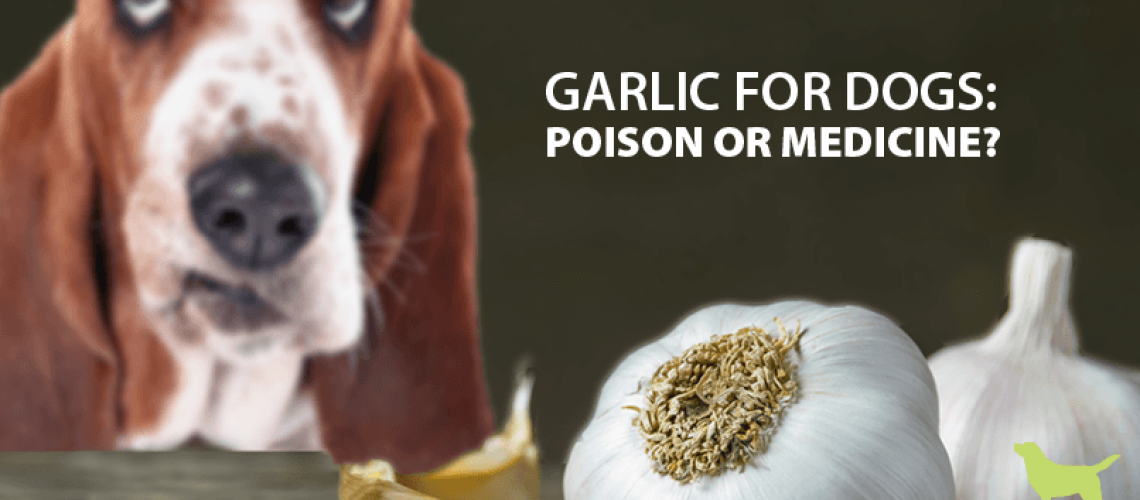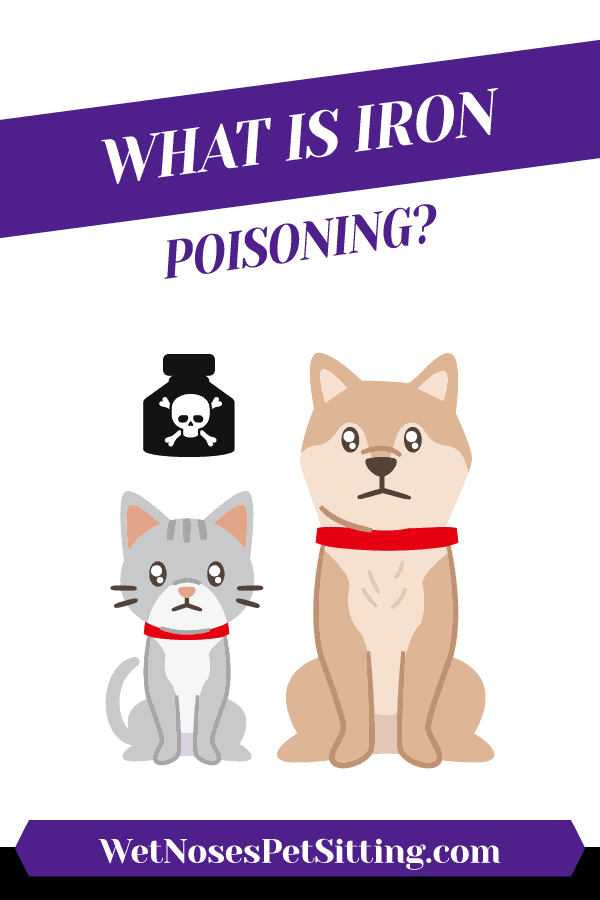Key Takeaways:
- Garlic is toxic to dogs and can cause a condition called garlic poisoning.
- Consuming garlic can lead to symptoms such as vomiting, diarrhea, abdominal pain, and anemia in dogs.
- Even small amounts of garlic can be harmful to dogs, so it is best to avoid feeding them any foods containing garlic.
- Garlic can also negatively impact a dog's red blood cells and lead to long-term health issues if ingested regularly.
- If you suspect your dog has ingested garlic or shows any symptoms of garlic poisoning, seek immediate veterinary assistance.
Are you a dog lover? Do you enjoy spoiling your furry friend with treats and table scraps? Well, before you reach for that garlic seasoning or add a dash of garlic to your dog's meal, it's crucial to understand the potential risks involved. While garlic may seem harmless to us humans, it can actually be toxic to dogs. In fact, consuming even small amounts of garlic can have serious consequences for our canine companions. So, if you want to ensure the health and well-being of your beloved pet, join us as we explore the question: Can dogs eat garlic? By delving into this subject, you'll gain valuable insights into what foods are safe for your furry friend and how to keep them happy and healthy. Don't let ignorance harm your four-legged buddy – let's uncover the truth together!
What is Garlic and Why Do People Use It in Cooking?
Understanding Garlic
Garlic is a bulbous plant that belongs to the onion family. It has a strong smell and taste that can enhance the flavor of various dishes. The bulb, which is the part most commonly used in cooking, is made up of several cloves enclosed in a papery skin. Each clove has a pungent flavor that becomes milder when cooked.
Flavor Enhancer and Medicinal Properties
People have been using garlic in cooking for centuries because it adds a unique and delicious taste to food. It can be used in both raw and cooked forms, depending on the recipe. Apart from its culinary uses, garlic also has medicinal properties. It contains compounds like allicin, which have been shown to have antibacterial and antifungal properties. Some people believe that garlic can help boost the immune system and lower cholesterol levels.
Why People Love Garlic
- Adds depth of flavor to dishes
- Versatile ingredient used in various cuisines
- Believed to have health benefits
Overall, garlic is loved by many for its ability to enhance the taste of food while potentially offering health benefits.
Can Dogs Eat Garlic? Exploring the Risks and Dangers
When it comes to feeding our furry friends, it's important to be aware of what foods are safe for them to consume. Garlic is a commonly used ingredient in many human dishes, but can dogs eat garlic? Unfortunately, the answer is no. Garlic contains compounds that can be toxic to dogs, specifically a substance called thiosulphate. This compound can cause damage to a dog's red blood cells, leading to a condition known as hemolytic anemia.
Hemolytic anemia can have serious consequences for your dog's health. It can result in symptoms such as weakness, pale gums, rapid breathing, and even collapse. In severe cases, it may even be fatal. Therefore, it is crucial to avoid giving garlic or any dishes containing garlic to your canine companion.
The Effects of Garlic on a Dog's Health: Is it Toxic?
Garlic may seem harmless to us humans, but for dogs, it can be highly toxic. As mentioned earlier, the compound thiosulphate found in garlic can lead to hemolytic anemia in dogs. This occurs when the red blood cells are destroyed at a faster rate than they can be replaced by the body.
In addition to causing anemia, garlic consumption can also irritate a dog's digestive system. It may lead to symptoms such as vomiting, diarrhea, and abdominal pain. These effects can vary depending on the amount of garlic ingested and the size of the dog.
Safe Alternatives to Garlic: Herbs and Spices for Dogs
While garlic should be avoided when it comes to feeding your dog, there are plenty of safe alternatives that you can use to add flavor and variety to their meals. Herbs and spices such as parsley, basil, oregano, and turmeric can provide a tasty alternative without posing any risks to your furry friend's health.
Parsley, for example, not only adds a fresh taste to your dog's food but also contains vitamins A and C, which are beneficial for their overall health. Turmeric is another great option as it has anti-inflammatory properties that can help with joint pain and other inflammatory conditions in dogs. Just be sure to use these herbs and spices in moderation and consult with your veterinarian if you have any concerns.
Symptoms of Garlic Poisoning in Dogs: How to Identify if Your Dog Ate Too Much
If you suspect that your dog has consumed garlic or any dishes containing garlic, it's important to be able to recognize the symptoms of garlic poisoning. These symptoms may include vomiting, diarrhea, abdominal pain, weakness, pale gums, rapid breathing, and increased heart rate.
If you notice any of these signs in your dog after they have ingested garlic, it is crucial to seek veterinary attention immediately. The veterinarian will be able to assess the severity of the situation and provide appropriate treatment to minimize the potential damage caused by garlic toxicity.
My Dog Accidentally Ate Garlic, What Should I Do at Home?
If you discover that your dog has accidentally consumed garlic at home, there are a few steps you can take before seeking professional help. First and foremost, do not induce vomiting unless specifically instructed by a veterinarian. In some cases, inducing vomiting can cause more harm than good.
Instead, monitor your dog closely for any signs of distress or illness. Offer them plenty of fresh water to drink and keep an eye on their behavior. It is essential to contact your veterinarian as soon as possible for further guidance based on your dog's specific situation. They will be able to provide you with the best course of action to ensure your dog's well-being.
In conclusion, it is not safe for dogs to eat garlic. Garlic can be toxic to dogs and cause serious health problems. It's best to keep garlic away from your furry friends and choose other dog-friendly foods instead.
What happens if my dog eats garlic?
Consuming garlic can severely harm red blood cells, leading to gastrointestinal issues such as abdominal pain, nausea, vomiting, and diarrhea, as well as respiratory problems. Despite some individuals believing that giving their dog small doses of garlic is beneficial for its health, it is not a safe practice.
How much garlic is harmful to dogs?
Research has shown that dogs may experience negative effects on their blood if they consume between 15 and 30 grams of garlic per kilogram of their body weight. To give you an idea, a typical clove of garlic from a grocery store weighs between 3 and 7 grams. So, your dog would need to consume a significant amount of garlic to become seriously ill.
Will a small amount of garlic powder hurt my dog?
Even a small amount of garlic can have serious adverse effects on dogs. It is important to note that popular garlic seasonings such as garlic salt, garlic powder, and minced garlic can also be poisonous to dogs. It is advisable to completely avoid these products to ensure the safety of your pet.
What do I do if my dog eats garlic bread?
If your dog has eaten garlic bread and displays any symptoms of illness, it is necessary to take them to the veterinarian. Additionally, if you have concerns about your dog ingesting something they shouldn't have, it is advisable to contact your vet for guidance.
Why is there garlic in dog food?
Garlic provides numerous health benefits for dogs and cats, including promoting healthy digestion, supporting the immune system, and maintaining cardiovascular function. It has been utilized in traditional Chinese medicine and Ayurvedic medicine for pets for thousands of years.
How much garlic is too much?
Consuming one to two cloves of garlic daily can be beneficial for one's health, but consuming excessive amounts can lead to unpleasant side effects such as bad breath, heartburn, and stomach problems. It is recommended to consume garlic in moderation. Many home cooks enjoy using garlic as a favored spice in their cooking due to its strong flavor and aroma.

















